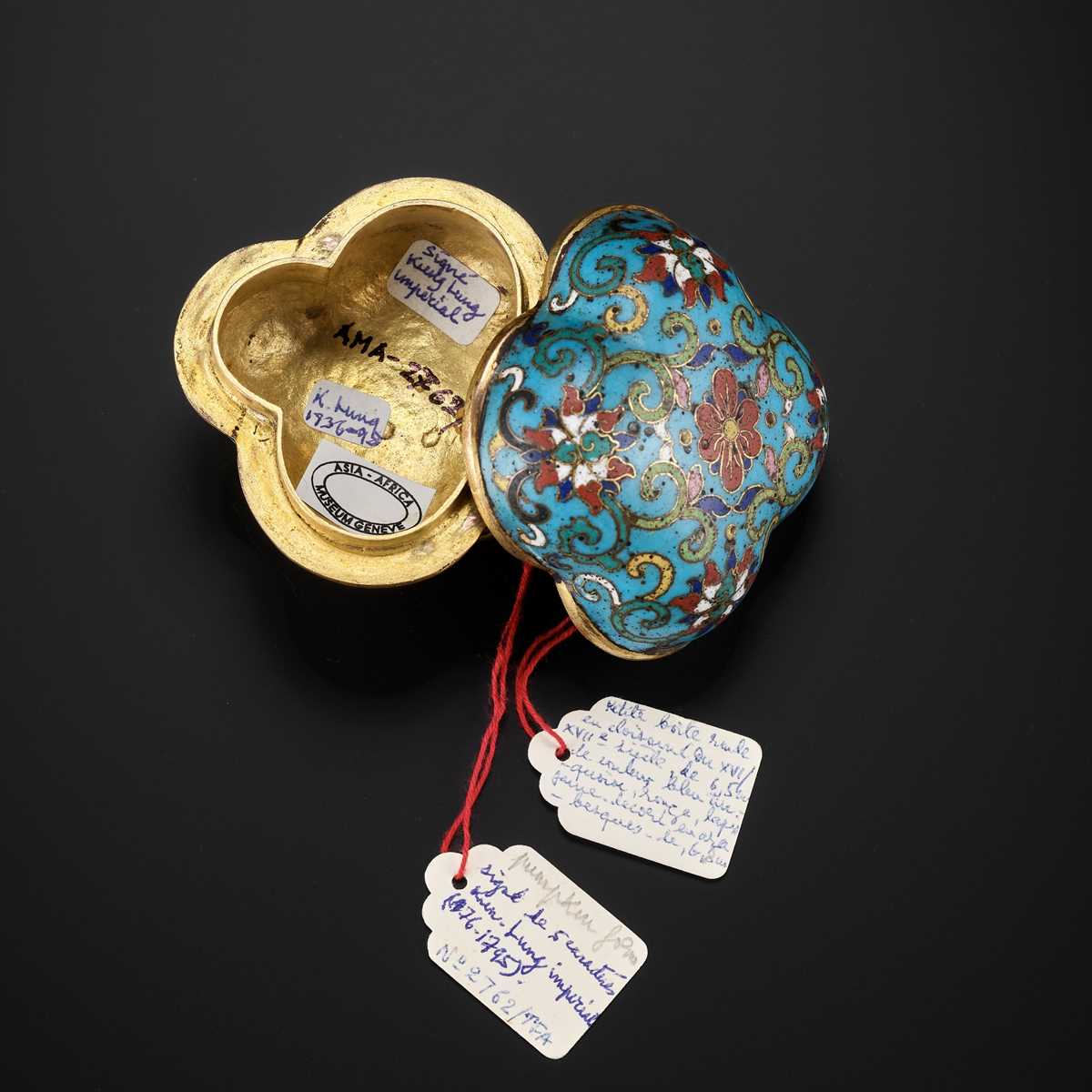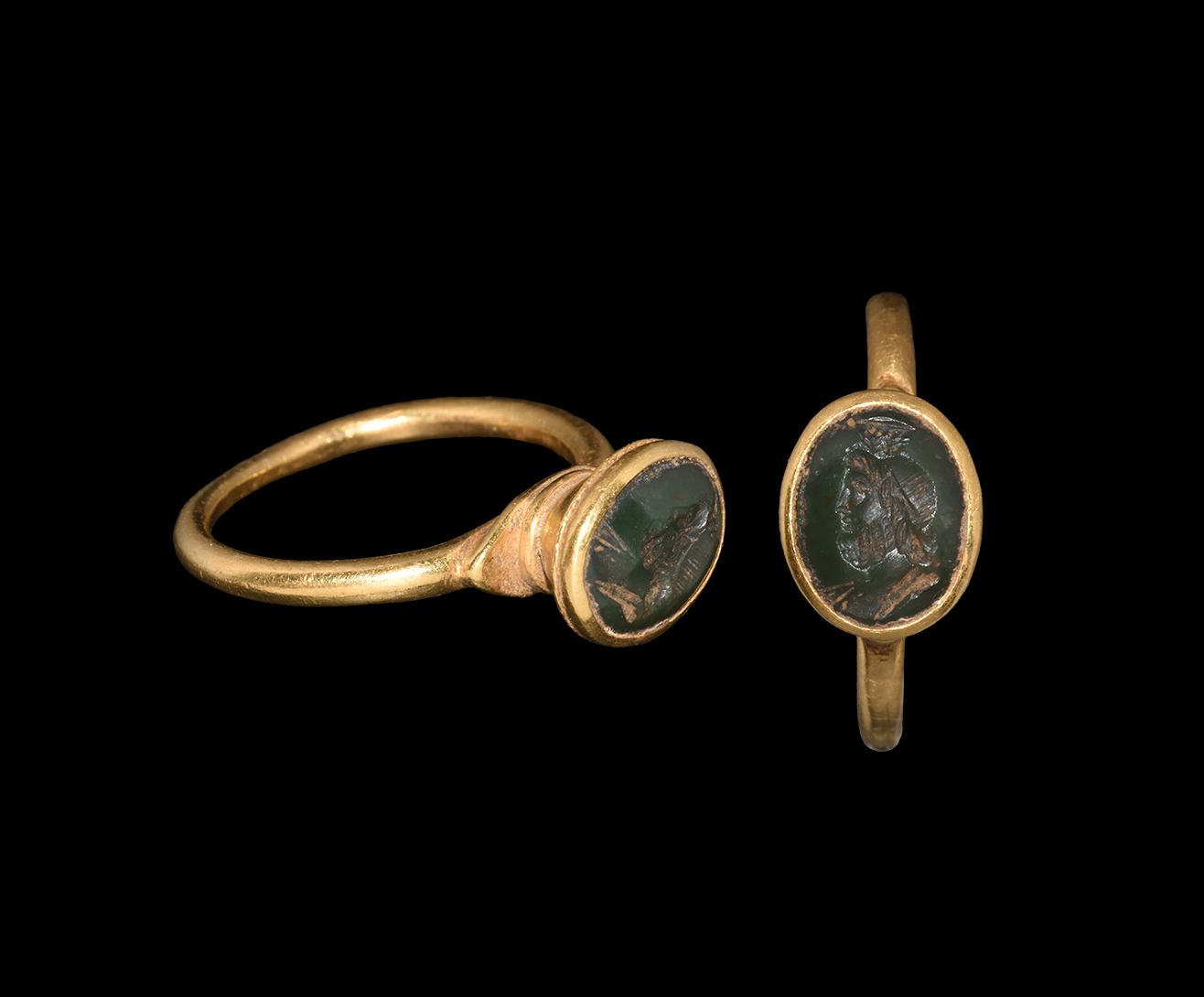An extremely rare Asia Minor 1920 operations D.S.M. awarded to Signalman J. Alderman, Royal Navy, who is believed to have been landed from H.M.S. Ramillies to serve as an O.P. signaller at Ismid during heavy fighting against Turkish Nationalists Distinguished Service Medal, G.V.R. (208055 J. Alderman, Sig., H.M.S. Ramillies, Mudania, June-July 1920), good very fine £2000-2500 Footnote One of just 10 inter-war awards of the Distinguished Service Medal, two of which were in respect of the Asia Minor operations in the summer of 1920. D.S.M. London Gazette 14 January 1921: ‘For service in Asia Minor, 1920.’ James Alderman was born in Tottenham, London in August 1884 and entered the Royal Navy as a Boy 2nd Class in January 1900. A Leading Signalman aboard the cruiser H.M.S. Leander on the outbreak of hostilities in August 1914, he removed to the St. George that November and to an appointment in torpedo boat destroyer No. 1 in early 1915, in which latter capacity he remained actively employed until July 1916. Having then served in another destroyer - the Bonetta - from November 1916 to October 1917, he removed to the sloop Auricula and thence, via time ashore, to the destroyer P. 54 in May 1918 - his time ashore resulted in a civil conviction for causing grievous bodily harm and three months in gaol, and he was disrated to Signalman. But he quickly made up for his misdemeanours during the course of his subsequent appointment in the Ramillies in April 1919 to July 1921, when he was decorated for his gallantry during operations against Turkish Nationalists in the summer of 1920, the 1st Battle Squadron having been ordered to Asia Minor to prop up Greek territorial claims in the wake of recent mandates made by the League of Nations. More particularly, his decoration almost certainly stemmed from services ashore as a Signalman during the heavy fighting at Ismid, in the Gulf of Mudania, in June 1920, when the British garrison there was attacked by a 6,000 strong force under Ali Fuad Bey. As had been the case in similar operations at Chanak a few weeks earlier, it was necessary to establish Naval Observation Posts ashore, from which direct lamp-signalling could be established with the Ramillies to improve the accuracy of her fire. And most probably it was in this capacity that Alderman found himself serving in one of three O.Ps on steep ground just to the north of the town, no place to be as the Turkish Nationalists launched an attack on 15 June - as it transpired one of several determined attacks to be enacted over the next fortnight. And throughout that period, the three Naval O.Ps were subjected to accurate enemy - and friendly - artillery fire. Minor War Service in Peace - Turkey 1920 takes up the story: ‘A kind of triangular artillery operation developed which worked something like this. A nearby Turkish battery would fire into the British positions or the town; the Naval O.P. would then flash a Fire Demand to the Ramillies or Revenge, or, if better placed, a destroyer; and the ship would fire at the Turkish battery. The latter, we observed with some satisfaction, never attempted the lese-majeste of firing at the battleship, but did often try to interrupt the sequence by concentrating on the central Naval O.P. So steep was the ground on the inshore side of the British positions that when the Nationalists (who made profit of this fact) brought infantry or guns into the blind area, the Ramillies had to use her guns “mortar-like” with very reduced charges, firing 6-inch shells which virtually slid over the crest of the British position on to their target. The only direct hit on the O.P. (luckily, no casualties) was by one such naval shell. After this it was decided to rely on the overworked 18-pounders for all “marginal” shelling!’ Notwithstanding such artillery barrages, from friend or foe alike, the Naval O.Ps afforded Ramillies numerous targets, and before long her guns were hitting the Nationalists hard. The same source continues
An extremely rare Asia Minor 1920 operations D.S.M. awarded to Signalman J. Alderman, Royal Navy, who is believed to have been landed from H.M.S. Ramillies to serve as an O.P. signaller at Ismid during heavy fighting against Turkish Nationalists Distinguished Service Medal, G.V.R. (208055 J. Alderman, Sig., H.M.S. Ramillies, Mudania, June-July 1920), good very fine £2000-2500 Footnote One of just 10 inter-war awards of the Distinguished Service Medal, two of which were in respect of the Asia Minor operations in the summer of 1920. D.S.M. London Gazette 14 January 1921: ‘For service in Asia Minor, 1920.’ James Alderman was born in Tottenham, London in August 1884 and entered the Royal Navy as a Boy 2nd Class in January 1900. A Leading Signalman aboard the cruiser H.M.S. Leander on the outbreak of hostilities in August 1914, he removed to the St. George that November and to an appointment in torpedo boat destroyer No. 1 in early 1915, in which latter capacity he remained actively employed until July 1916. Having then served in another destroyer - the Bonetta - from November 1916 to October 1917, he removed to the sloop Auricula and thence, via time ashore, to the destroyer P. 54 in May 1918 - his time ashore resulted in a civil conviction for causing grievous bodily harm and three months in gaol, and he was disrated to Signalman. But he quickly made up for his misdemeanours during the course of his subsequent appointment in the Ramillies in April 1919 to July 1921, when he was decorated for his gallantry during operations against Turkish Nationalists in the summer of 1920, the 1st Battle Squadron having been ordered to Asia Minor to prop up Greek territorial claims in the wake of recent mandates made by the League of Nations. More particularly, his decoration almost certainly stemmed from services ashore as a Signalman during the heavy fighting at Ismid, in the Gulf of Mudania, in June 1920, when the British garrison there was attacked by a 6,000 strong force under Ali Fuad Bey. As had been the case in similar operations at Chanak a few weeks earlier, it was necessary to establish Naval Observation Posts ashore, from which direct lamp-signalling could be established with the Ramillies to improve the accuracy of her fire. And most probably it was in this capacity that Alderman found himself serving in one of three O.Ps on steep ground just to the north of the town, no place to be as the Turkish Nationalists launched an attack on 15 June - as it transpired one of several determined attacks to be enacted over the next fortnight. And throughout that period, the three Naval O.Ps were subjected to accurate enemy - and friendly - artillery fire. Minor War Service in Peace - Turkey 1920 takes up the story: ‘A kind of triangular artillery operation developed which worked something like this. A nearby Turkish battery would fire into the British positions or the town; the Naval O.P. would then flash a Fire Demand to the Ramillies or Revenge, or, if better placed, a destroyer; and the ship would fire at the Turkish battery. The latter, we observed with some satisfaction, never attempted the lese-majeste of firing at the battleship, but did often try to interrupt the sequence by concentrating on the central Naval O.P. So steep was the ground on the inshore side of the British positions that when the Nationalists (who made profit of this fact) brought infantry or guns into the blind area, the Ramillies had to use her guns “mortar-like” with very reduced charges, firing 6-inch shells which virtually slid over the crest of the British position on to their target. The only direct hit on the O.P. (luckily, no casualties) was by one such naval shell. After this it was decided to rely on the overworked 18-pounders for all “marginal” shelling!’ Notwithstanding such artillery barrages, from friend or foe alike, the Naval O.Ps afforded Ramillies numerous targets, and before long her guns were hitting the Nationalists hard. The same source continues







.jpg)




.jpg)

Try LotSearch and its premium features for 7 days - without any costs!
Be notified automatically about new items in upcoming auctions.
Create an alert